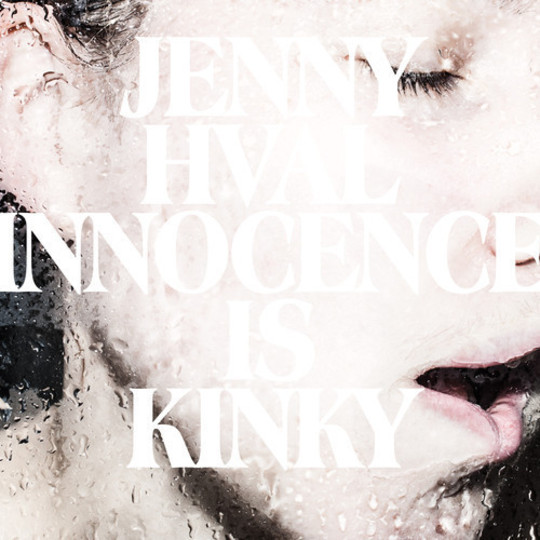At times when pop music's projection of the sexualised body is painstakingly scrutinised to measure the state of the music industry, explorations of those same matters coming from alternative scenes are too often discarded as intellectual, snobbish musings.
Merging trash references (Paris Hilton's sex tape, for starters) with literature, history and a taste for sonic experimentation indebted to her own work with sound installations, Norwegian Jenny Hval crafts a fascinating collection of tales that adds to the discussion on sex and music. In Innocence is Kinky bodies are not only presented, but endlessly re-presented and re-contextualised to kidnap your attention and tease your senses, her goal being to defer any easy interpretation. "That night I watched people fucking on my computer" she whispers in your ears the minute the record starts spinning.
Through her lyrics Hval explores the limits of desire within space and imagination, filtering eroticism through multiple gazes but asserting the centrality of her own. What is particularly striking is the way her 'findings' are more of a challenge for herself than simply hedonistic self-indulgences. There is a subtle blend of the singer-songwriter vulnerability with a hunger for subversion typical of certain new wave and post-punk acts, a perennial oscillation between soft-spoken reverie and abrasive provocation à la Lydia Lunch.
Musically the album is just as unruly; 'I Got No Strings', with its dry guitars and mounting drums, moves from uplifting to funereal and then restful, a remarkable example of the overall tension of the record. She might be ironic and playful when she asks "Innocence is just too kinky, isn't it?" in the pulsating, keyboard led 'Renée Falconetti Of Orléans', yet everything gets increasingly stark and apocalyptic. John Parish's guitars and production are all over the place. He confirms his ability to craft impeccable scenarios where complex characters blossom in their own rights (it is not a case that some of PJ Harvey's most extreme incarnations are featured on the two records they made together so far, neither of which were particularly interested in cohesiveness).
Equally convincing when singing about “splitting hymens”, Joan of Arc or the many androgynous impersonations, Hval's voice scars, summons ('The Seer'), shrieks and lulls to sleep ('Mephisto in The Water'). Her "body is the end", but she finds a whole lot of inspiration in challenging its limits. Only rarely is one privileged to be carried away by a record so beautifully absorbed with its own vision.
-
8Giuseppe Zevolli's Score






















